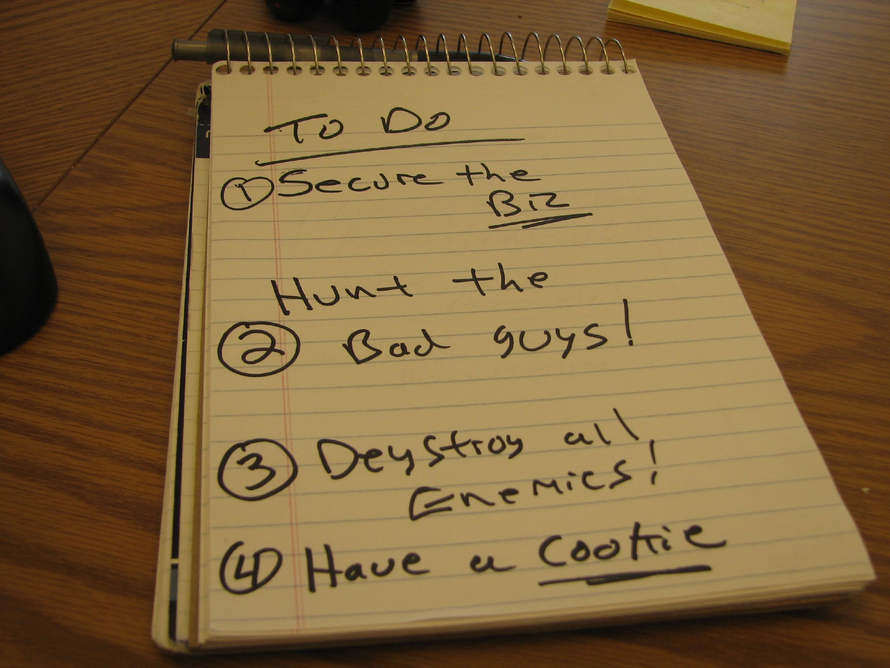We need a single agency to be responsible for UK elections

Earlier today, parliament published ‘The Russia report’. One of the interesting findings was that no single minister holds responsibility for the UK’s democratic security (“Leading the response”, section 18).
“The Agencies [CPNI and NCSC] do not view themselves as holding primary responsibility for the active defence of the UK’s democratic processes from hostile foreign interference…and indeed during the course of our Inquiry appeared determined to distance themselves from any suggestion that they might have a prominent role in relation to the democratic process itself, noting the caution which had to be applied in relation to intrusive powers in the context of a democratic process. They informed us that the Department for Digital, Culture, Media and Sport (DCMS) holds primary responsibility for disinformation campaigns, and that the Electoral Commission has responsibility for the overall security of democratic processes.”
This observation ties in with a larger point Democracy Club have been making for a while:
No one in the UK is responsible for the health or security of the UK’s democracy.
Elections are administered by a mix of local authorities, political parties, the Police, The Cabinet Office or Electoral Commission (and others…it’s complex!), but each has a limited set of responsibilities.
This has implications for national security in the context of the report, but it also has implications for a far more mundane risk: people disengage with the system because it’s not fit for them.
When the most searched for terms before an election include “where do I vote?”, “who can I vote for” and even “who should I vote for”, it’s clear the the public have a thirst for basic information that’s not currently being met by the state. The millions of users of our services and related positive feedback back this up.
We try very hard to make sure the information we have is accurate, but what if we didn’t? The information gap left by the state means we would still get a huge amount of organic search traffic – much more if we paid for adverts. Users would find themselves on a website telling them where or who or how to vote. There is no official version of this, and there isn’t even a single part of the state to set up a competing information service.
A malicious actor could flood the UK with false information, and it might not be anyone’s job to even check.
This isn’t to discredit any of the hard working members of the UK’s electoral or democratic institutions. We enjoy playing a small part working alongside local authority staff, The Electoral Commission and others. However, most are overworked and barely able to manage the narrow area of focus they have. See the recent AEA reports warning of the real problems facing local electoral services teams for much more on this.
What to do?
We think the decentralised nature of UK electoral administration has huge strengths. Councils are best placed to administer polling, and it would be very hard to influence ~400 local authorities in a way that would change an election result (We’ve never tried this, but if it’s anything like maintaining a list of their phone numbers, even the biggest state actor would give up quickly, trust us on this one).
While the fragmentation of administration has its strengths, it currently causes an information weakness. Information shouldn’t be fragmented from the point of view of the public. Information about democracy can, and should, be centralised.
This centralised service would provide a single, trusted source for a raft of democratic information and administration. When is the next election? Are you registered? Who can you vote for? Where is the polling station? How do you cast your vote? What does my councillor do? Just imagine how hard it would be to get that information, nationally, in a single place, say, via a push notification on a phone at the moment.
A single brand and domain could help foster trust in the information. GOV.UK has done this well, but GOV.UK isn’t the right home for it (the government of the day shouldn’t be the trusted source of information about how to re-elect them).
We know that people will use central services for this information, like The BBC, Google, Facebook or newspapers. At the moment, none of them, on their own, provide a good answer to a single one of these questions. Especially not before elections, when the threat is highest.
Thinking about national security is important, yes, but we can’t forget about the basics either. Any agency made responsible for national democratic security should also work to think about national democratic infrastructure and health at the most basic level
Photo credit:
Purple Slog